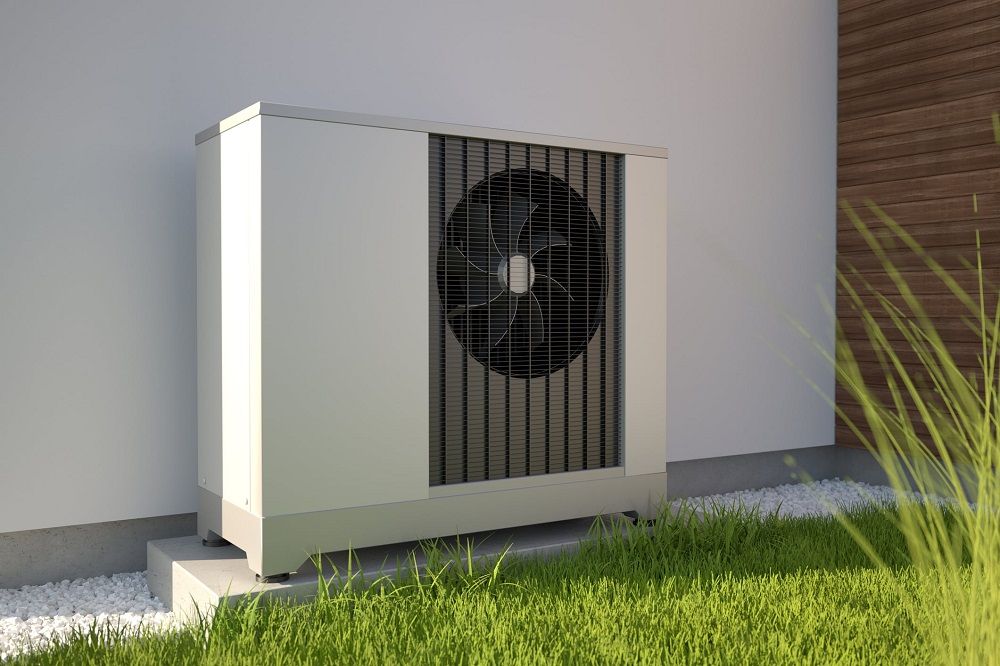A heat pump (ฮี ท ปั้ ม, which is the term in Thai) is a type of water heater that uses heating technology to heat water through pumping. This type of water heater is becoming increasingly popular due to its high efficiency and ability to significantly reduce energy costs.
It works by extracting heat from the air or ground outside of a building and transferring it to the water inside the tank. In this, it uses electricity to move the heat, but since it is simply moving heat rather than generating it, it is much more energy efficient than traditional electric water heaters.
What Is The Process Of Generating Hot Water From A Heat Pump?
It works by extracting heat from the air or ground outside of a building and transferring it to the water inside the tank. This pump is made up of several components including a compressor, evaporator, and condenser.
It has an evaporator that absorbs heat from the surrounding air or ground and vaporizes a refrigerant. The refrigerant is then compressed by a compressor, which raises its temperature. The hot refrigerant then passes through the condenser, where it transfers its heat to the water in the tank.
The process of heat transfer is known as a thermodynamic cycle, which allows the pump to extract heat from the ambient air or ground and transfer it to the water. It operates similarly to a refrigerator or air conditioner in reverse.
Advantages Of Using A Heat Pump
One of the main advantages of using such technology to produce hot water is its energy efficiency. Traditional electric water heaters use resistance heating to heat the water, which is only about 80% efficient. On the other hand, these can be up to 300% efficient, which means they can produce three times more hot water than the energy it consumes. This makes it an excellent option for those looking to reduce their energy consumption and lower their utility bills.
Another advantage of using this pump for hot water production is that it can be used in a variety of settings. They can be installed as a replacement for an existing electric water heater, or as part of a new construction project. They can also be used in residential, commercial, and industrial settings.
Key Advantages Are As Follows:
- High efficiency, leading to significant cost savings on energy bills.
- Reduced carbon emissions, making it an environmentally friendly option.
- Versatility in the installation location makes it suitable for a variety of buildings and spaces.
- Low maintenance and long lifespan.
Conclusion
In conclusion, using this pump to produce hot water is an energy-efficient and versatile solution. Its ability to produce hot water using this technology, efficiency and versatility make it an ideal option for a wide range of applications. While it may have a higher initial cost and require more space, it can save a considerable amount on energy bills over time. It is also an environmentally friendly option as it reduces the carbon footprint.


